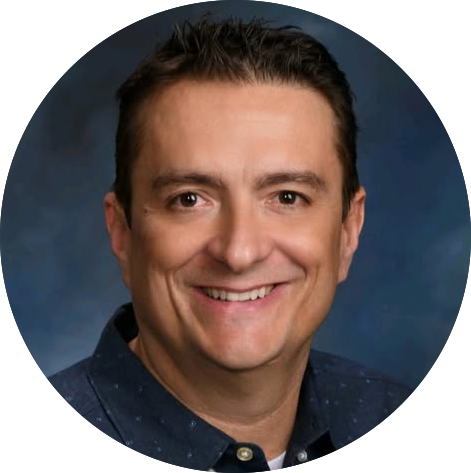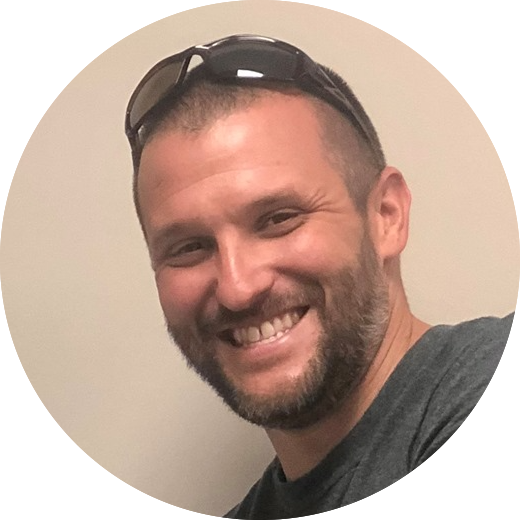Make Profit the Priority
PROFIT FIRST
for Real Estate Investing
Endorsed by Mike Michalowicz
What If You Could Guarantee Profit?

David Richter, CEO of Simple CFO and author of Profit First for Real Estate Investors
I worked in real estate investing and diagnosed the entire profit problem. Companies I worked for closed 25 deals and spend like the closed 26. That means no profit, debt spending, and a business that is on track to go bankrupt. I knew there had to be a solution...
The key was planning for profit, then strategizing around it. That may sound obvious, but no one does it. In fact, most business owners just do deals and hope there is money left in the account at the end of the month (there isn't).
Profit First is the magic pill that cures all negative balance sheets. We reverse the formula for handling money – you take your profit first from every transaction and move it to a separate account. Then all expenses must fit within what is left. We do this for every sale, every time, and you see your profit growing in real time!
What We Offer
Our purpose is to make your company more profitable. Period. We have helped hundreds of companies implement the Profit First methodology so that they find and capture the profit they should have been making all along, and then help them grow and scale.
We then combine Profit First with the expert your business needs: the Chief Financial Officer. Why? Because it's time you strategized making profit a priority instead of hoping you make some.
Together these form an unstoppable engine that generates profit.
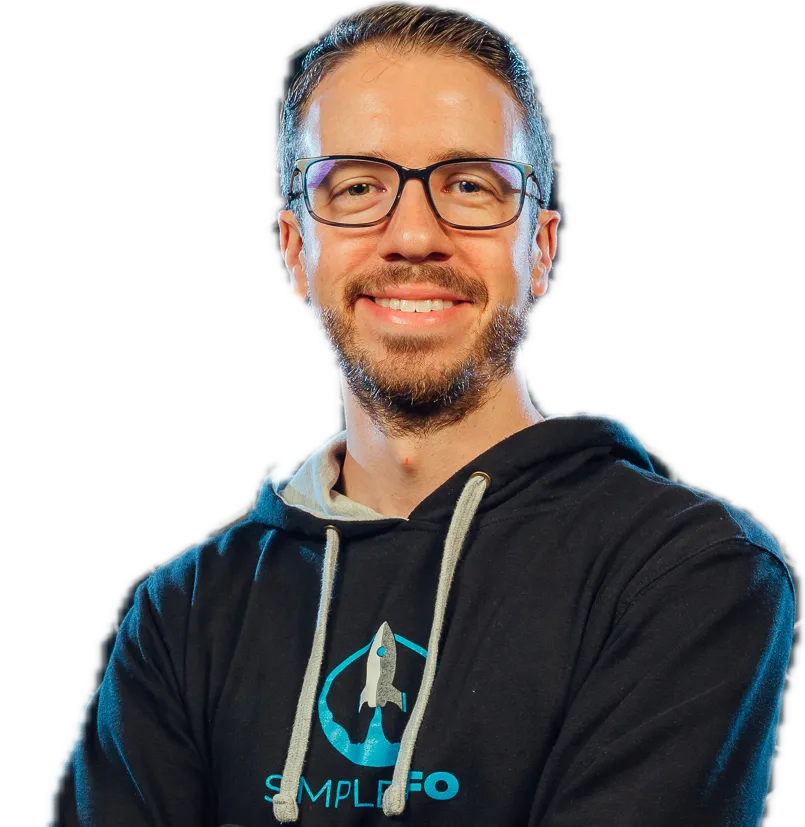
Profit First for REI Book FREE!
You Need More Profit
More Revenue ≠ More Profit
Profit comes from making it your priority.
Most businesses prioritize revenue, not profit.
With Profit First, you can finally enjoy the business you have built and reap the rewards.
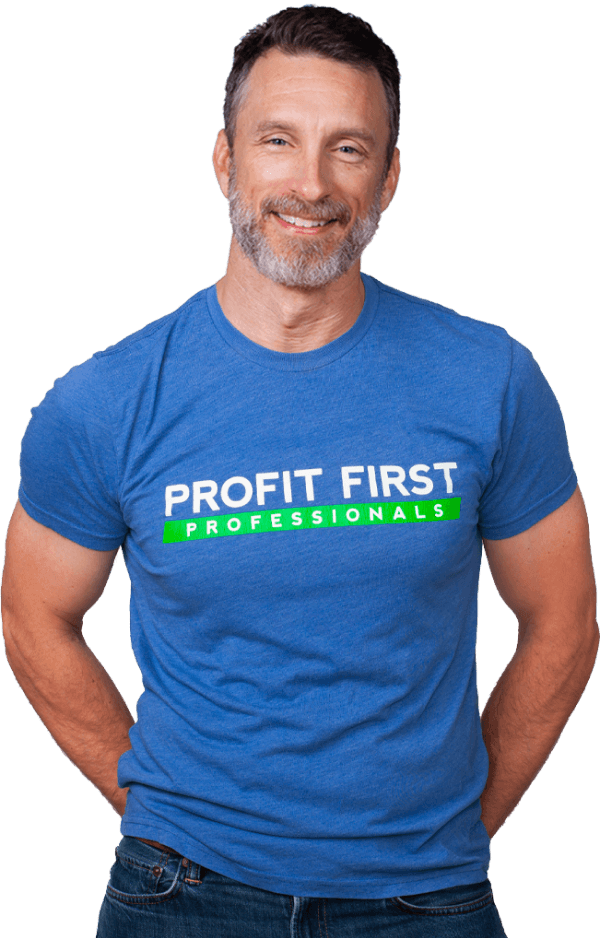
"David Richter is about to transform your life. I know it because he has put that transformational power within these pages. A lifetime of knowledge is in these pages.
"Your job is simple: Read it and do it. So get started, right now, in this moment. Your life is about to be transformed by this book."
forward, profit first for real estate investors
Mike Michalowicz
THE CREATOR OF PROFIT FIRST
Who Is Profit First Perfect For?
BUSINESS OWNERS
marketing agencies
retail businesses
real estate investors
COACHES
TRAINERS
contractors
Consultants
many, many, more!
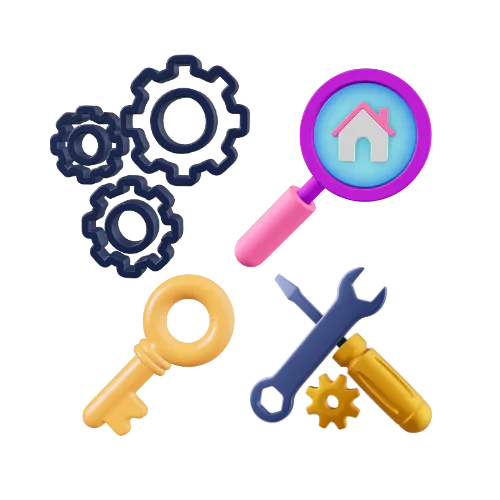
FREE Tools to Help You Get Started
Profit First
for Real Estate Investors
What Our Clients Are Saying
How to Get Profit First in Your Business
Let's Find Your Lost Profit and Get You Making More Money with Profit First!
The Only Thing You Have to Lose is the Profit You're Already Losing!
Get Profit First News!
Get Profit First tips and more financial techniques sent straight to your inbox.

Helping business owners make more profit and pay themselves what they deserve using Profit First.
QUICK LINKS
SERVICES
OTHER
© Copyright 2026. Simple CFO Solutions, LLC. All Rights Reserved.

